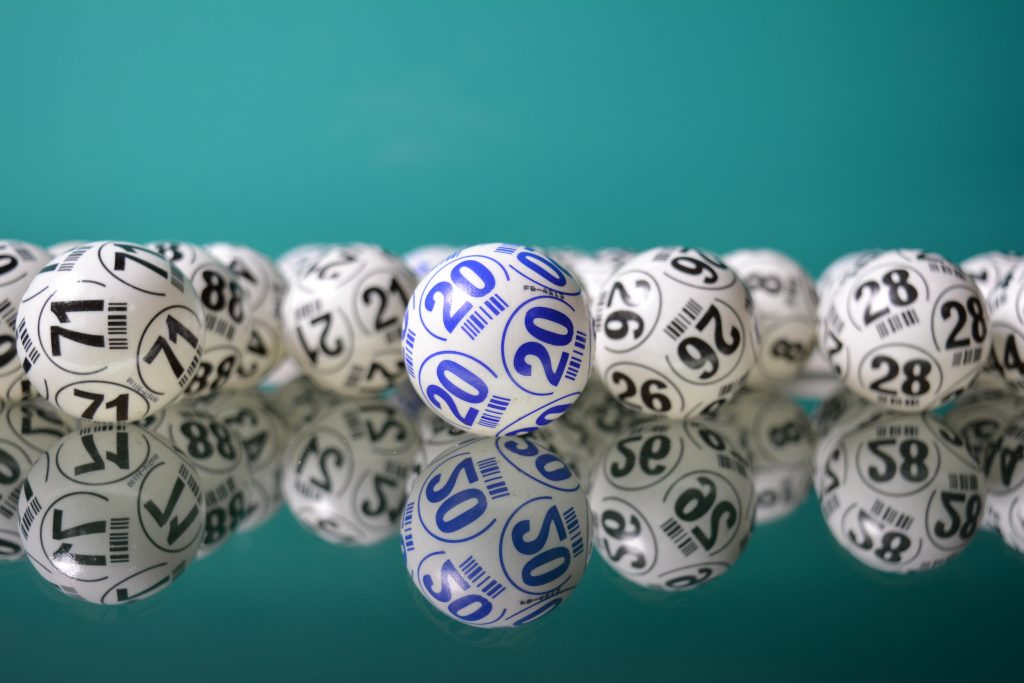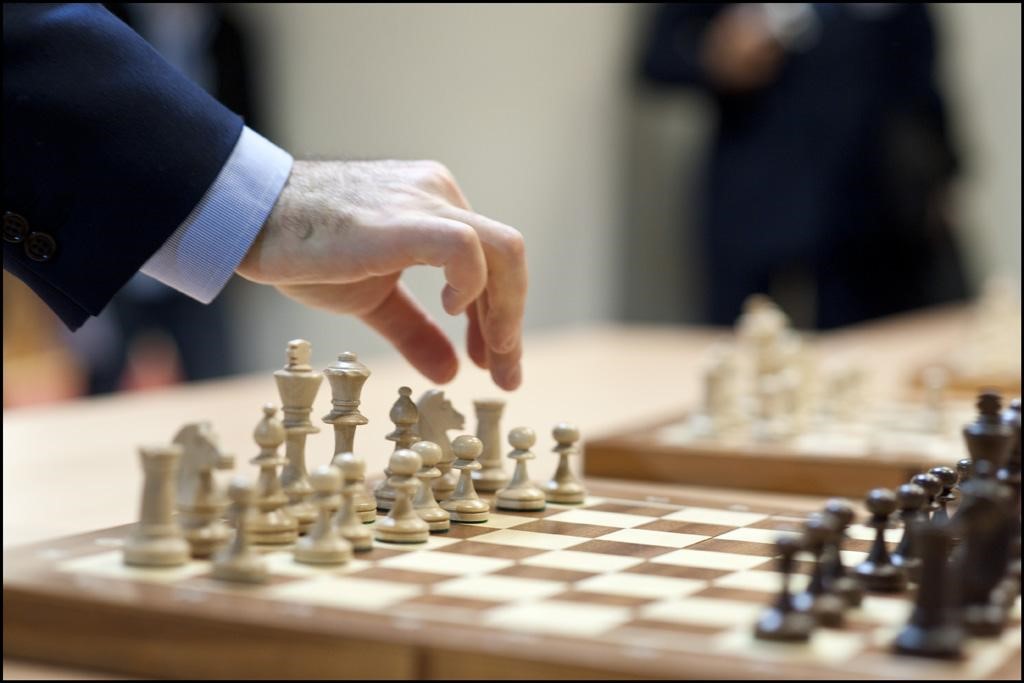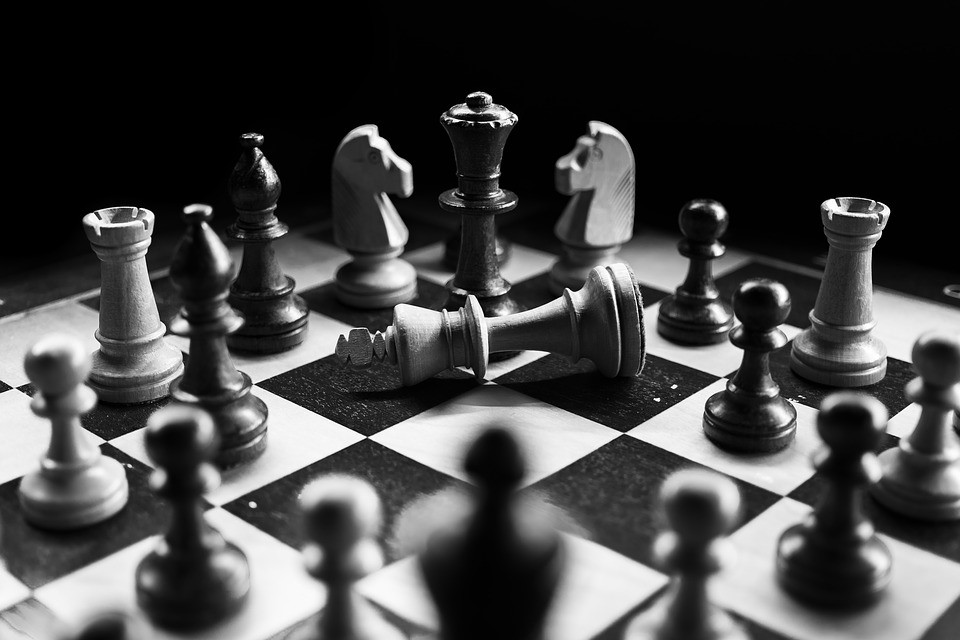The Eternal Debate: Skill Versus Luck
Listen up, you might fancy yourself a master strategist, but don’t get cocky just yet. In the arena of board and card games, skill and luck throw down in a perpetual tug-of-war—and you’re stuck in the middle. Sure, when you’re throwing down cards, you may feel like you’re in control, but the winds of fortune can be fickle. Don’t believe me? Allow me to prove it to you…
Can You Quantify Them?: Skill and Luck Metrics
Think you can measure how good you actually are? Let’s talk about Elo—not the band, Einstein, the rating system. Yeah, it’s borrowed from the chess geeks, but it packs a punch in ranking players based on game outcomes. Wins and losses get you a number, sure, but it’s more than that—Elo’s essentially quantifying your so-called “skill level” against the field. The higher your Elo rating, the less you can blame on bad luck, champ.
If you’re really that keen on proving it’s all skill, let’s talk statistics. Variance, standard deviation, you’ve heard of those, right? They’re not just fancy terms your math teacher threw around to sound smart. In the grand scheme of skill versus luck, these are the heavy hitters that quantify consistency and measure luck. A low standard deviation means you’re not just riding on a lucky streak—you’re actually consistent.
Board Games: Strategy or Serendipity?
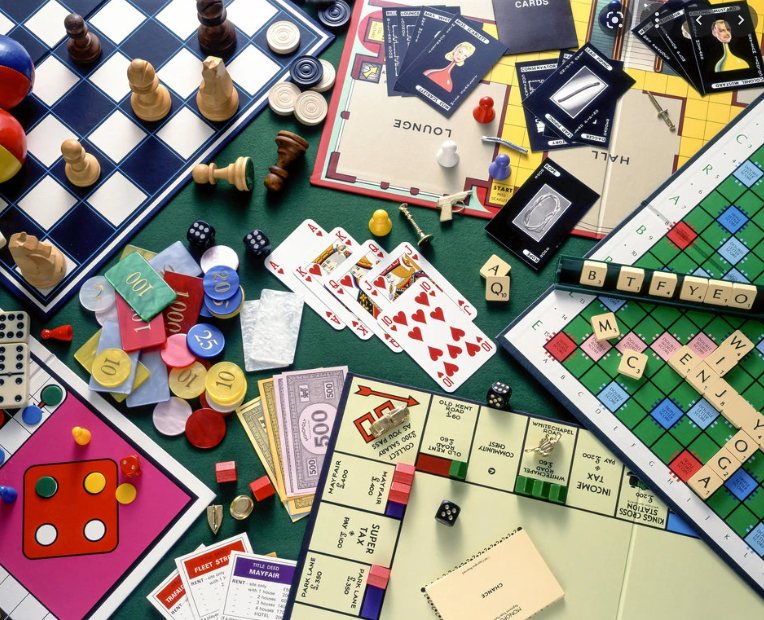
You think you’ve got what it takes to rule the board? Let’s see if it’s your razor-sharp mind or just the dice cozying up to destiny.
The Strategy Spectrum in Board Games
You want to flex those mental muscles, don’t you? Well, prepare to feast on games like Chess and Go, where the only luck involved is the bad luck of your opponent sitting across from you. These games sit firmly at the deterministic end of the spectrum, where skill and strategy reign supreme.
On the flip side, if you’re the type who’d rather leave your fate in the hands of the dice gods, look no further than Monopoly or The Game of Life. The thrill of the roll can dictate whether you’re a tycoon or living in a cardboard box.
Now, not all games leave you at the mercy of chance or test your IQ to its limits. Take Catan or Through the Ages (TTA), for instance. They’re the social butterflies of the board game echelon, flaunting a saucy mix of strategy and serendipity. You’ll need a sharp wit to outmaneuver your buddies, but don’t be surprised if a roll of the dice sends your plans tumbling down like a poorly constructed house of cards.
Famous Board Games and Their Skill to Luck Ratio
Let’s break it down. You’re here for the cold, hard stats, and who am I to deny you the pleasure?
- Chess: 100% skill, 0% luck. It’s just you and your brain, duking it out in cerebral combat.
- Monopoly: Your empire is at the mercy of a roll, but don’t get all smug; a shrewd property purchase can make you the kingpin.
- Catan: A balanced battlefield. Resource gathering is luck of the draw, but it’s your strategic trading and settlement placement that’ll etch your name in Catan history.
- Go: Arguably even purer than Chess. Patience and strategy are your weapons in a war of territorial conquest.
Remember, you can fancy yourself the master of fate, but sometimes those dice are going to laugh right in your face. And if you don’t like it, go play Tic-Tac-Toe.
Card Games: Skill vs. Chance
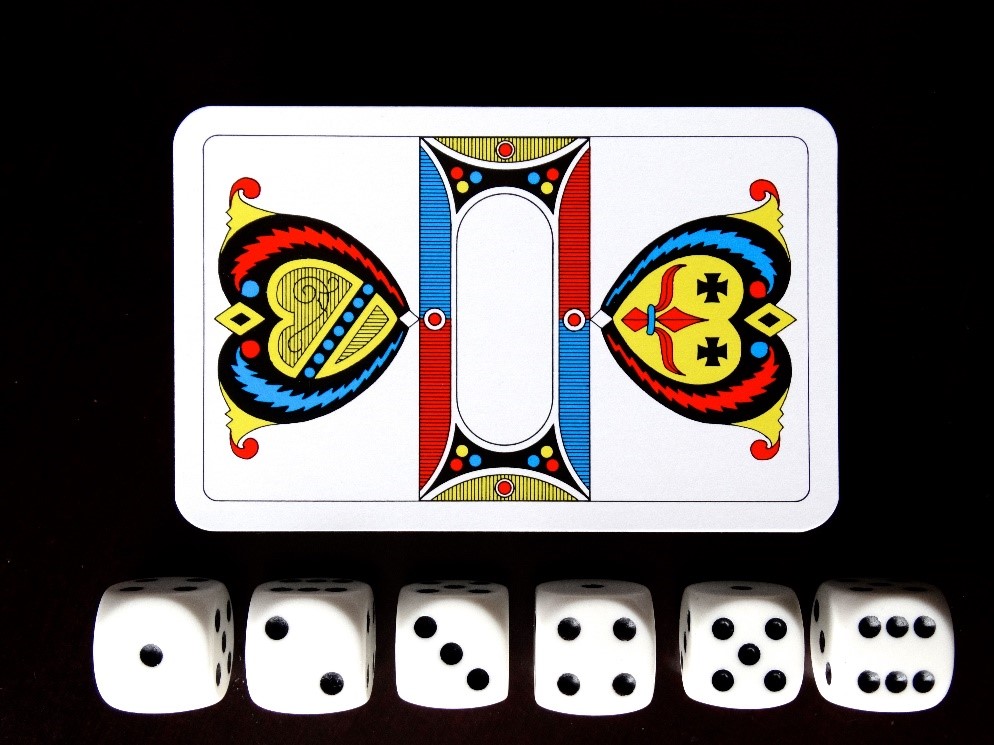
You’re here to cut through the noise, aren’t you? Listen up, the age-old tussle between skill and luck in card games is not just about what cards you’re dealt, but how brilliantly you play them.
The Role of Strategy in Card Games
In games like bridge, you’re not at the mercy of the deck, my friend. It’s all about the bids you make and the plays you execute. You’ve got to remember though, even the sharpest strategies can get turned on their head with a single shuffle, so keep your wits about you. But here’s the kicker: in a cash game of Texas Hold’em, for instance, you’ve only got yourself to blame if you can’t read your opponent’s actions. It takes a keen mind to calculate odds and an even keener one to know when to fold.
The Spectacle of Luck in Poker and Beyond
Poker’s an unforgiving dance with randomness, where luck smiles on you one moment and slaps you the next. You might think you’ve got the tournament by the tail, but then comes a card draw that topples your empire of chips. Yet, isn’t it a rush when a flip of a card can crown you king or send you packing? Sure, a lucky streak in poker feels godly, but it’s the grizzled skill that keeps you in the game long term. Remember, in games from Rummy to Texas Hold’em — especially among Online Gamblers — it’s often the cool head that plots through the chaos of luck that hauls in the big pots.
Ranking Master Players to Determine Skill
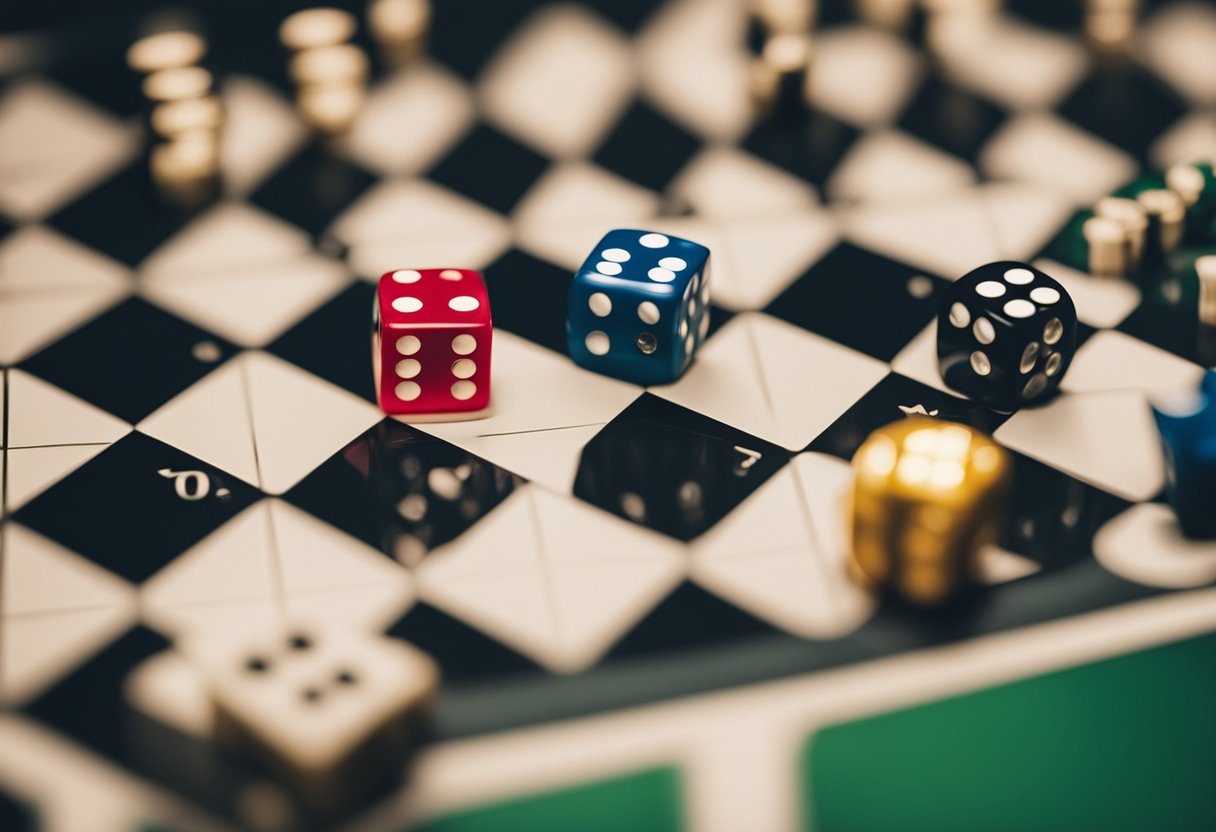
Alright, you’re about to get schooled on how to tell the grandmasters from the lucky amateurs. In the world of competitive games, you need a solid system to separate the wheat from the chaff. We’re talking about the heavy hitters, the ones who consistently beat the odds and leave the dice throwers in the dust.
ELO and Others: The Science of Scoring
So, you think you’re a hotshot at the game table? Let’s see how you stack up when the Elo rating system enters the chat. Developed by physicist Arpad Elo, this brilliant method calculates player skills based on who you’ve beaten and who’s handed you your pride on a silver platter.
- Winning big? Your rating skyrockets.
- Losing miserably? Watch it plummet.
But it’s not just about win-or-lose. Elo is all about who you play. Defeat a high-ranking player and bask in the glory as your own ranking shoots up. Now, this isn’t some fly-by-night operation. Tournaments around the globe use Elo because it’s ridiculously accurate.
| Tournament | Your Rating | Their Rating | Expected Outcome |
|---|---|---|---|
| International Showdown | 1500 | 1800 | Brace Yourself |
In this cutthroat setup, your fancy, smancy distribution of wins and losses carves out your spot in the ratings. Elo doesn’t care about your hard luck stories. It’s a numbers game, pure and simple.
You’ve got to love the beauty of the system: it’s self-correcting. A winning player on a hot streak will find tougher opponents and tighter matches. No room for pretenders here. It’s a world where only skill speaks and luck can take a hike.
So, roll up your sleeves. If you want to claim that top-dog status, you’d better be ready to prove it, game after game. Because in the end, Elo is the gatekeeper, and only the worthy pass.
